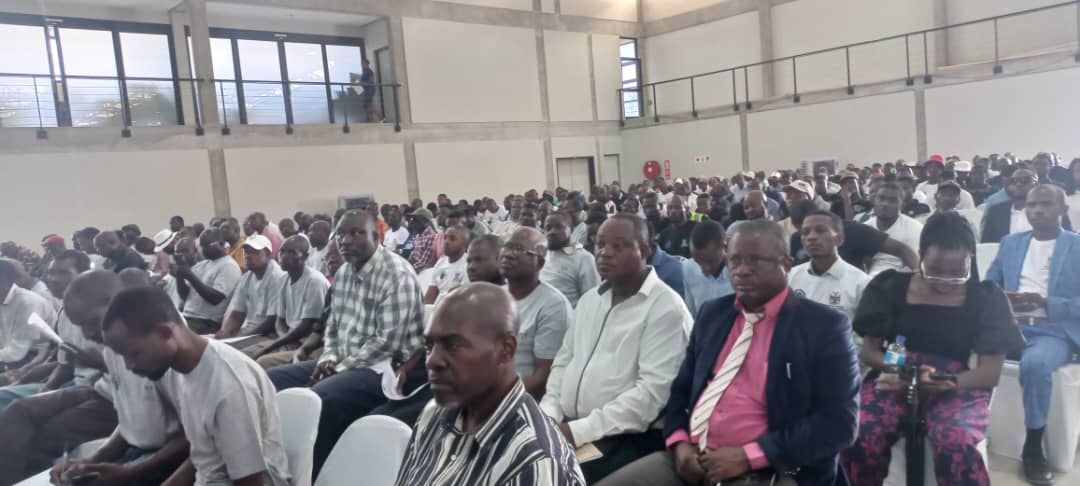The Namibia Football Association (NFA) is currently facing significant challenges that jeopardise the integrity and effectiveness of football development in the country.
There is a growing consensus among stakeholders that the administration is marred by maladministration and a conspicuous lack of leadership qualities. As a concerned party dedicated to the growth of football in Namibia, I seek to highlight these issues and propose actionable recommendations for improvement.
The NFA administration has been characterised by poor decision-making processes, lack of transparency in operations and questionable financial practices. Such administrative shortfalls not only undermine trust among affiliates but also hinder the association’s ability to attract sponsorship and investment.
Effective leadership is crucial for guiding the NFA towards achieving its objectives. The current leadership appears to lack vision and the ability to inspire confidence among coaches, players and stakeholders, leading to a collective sense of disillusionment within the football community.
Furthermore, the operational framework of the NFA is insufficiently structured to address immediate and long-term goals in football development. The absence of strategic planning and evaluation mechanisms has resulted in ineffective programmes that fail to deliver on their promises.
The disconnect between the NFA administration and its stakeholders, including clubs, players and fans, has created a rift that stifles collaboration and community support for football. This absence of a participatory approach in decision-making processes can lead to further disenfranchisement among stakeholders.
RECOMMENDATIONS
To address the current challenges faced by the NFA, I would like to propose the following recommendations:
Implementation of Transparent Governance Practices: The NFA should adopt clear governance structures that promote accountability and transparency. Regular audits and public reporting of financial documents will enhance trust and integrity within the administration.
Leadership Development Programmes: Invest in leadership training for current and future administrators, emphasising strategic vision, ethical practices and stakeholder engagement. This initiative could foster a new generation of leaders committed to the advancement of Namibian football.
Strategic Planning: Developing a comprehensive strategic plan that outlines the short-term and long-term goals of the NFA is essential. This plan should include input from all stakeholders to ensure it resonates with the needs of the football community.
Stakeholder Engagement Initiatives: The NFA should facilitate regular forums and consultations with stakeholders to gather feedback, share insights and foster a sense of community ownership. Establishing communication channels will encourage collaboration and build a stronger football culture.
Enhancement of Operational Framework: Streamlining operational workflows and establishing robust monitoring and evaluation systems will enable the NFA to assess its programmes’ effectiveness. This will help ensure resources are used efficiently and yield positive results for the football community.
Promotion of Youth Programmes: Prioritise investment in grassroots and youth football programmes to nurture talent from a young age. Engaging schools and communities in these initiatives will ensure a steady influx of skilled players into the national pool.
The current state of the NFA calls for urgent attention and a collective effort from all stakeholders to turn the situation around. By embracing transparency, investing in leadership development and fostering stakeholder engagement, the NFA can restore trust within the football community and set a course for sustainable growth.
*Izak J Fredericks is a football lover, coach and former first vice president of the Namibia Football Association.
Stay informed with The Namibian – your source for credible journalism. Get in-depth reporting and opinions for
only N$85 a month. Invest in journalism, invest in democracy –
Subscribe Now!






